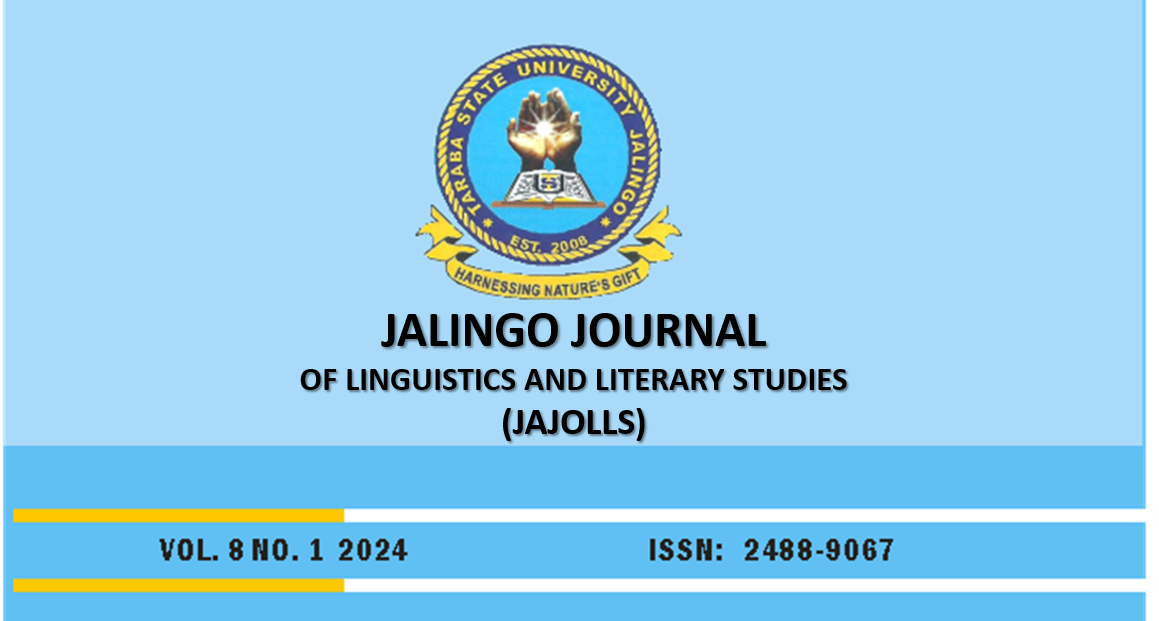The development of Hausa material culture in Taraba State: Islamic perspectives
Keywords:
Material culture, Islamic perspective, architecture, textiles, cuisine, craftsmanship, societal dynamicsAbstract
This research explores the Development of Hausa Material Culture in Taraba State, through an interdisciplinary investigation of architecture, textiles, cuisine, craftsmanship, and societal dynamics. Drawing upon ethnographic fieldwork, historical analysis, and theoretical frameworks, the study reveals the profound impact of Islamic beliefs and practices on the evolution of Hausa cultural expressions over time. Despite challenges and controversies, including issues of gender inequality and cultural imperialism, Hausa material culture development continues to embody the enduring legacy of Islamic civilization in Nigeria. The theoretical framework adopted, is "The Convergence of Faith and Creativity," by Dr. Yusuf Grillo 1998). The methodology outlined includes a qualitative research approach, using a combination of ethnographic and historical methods including field survey, observations and secondary data from published sources. Findings demonstrate the pervasive integration of Islamic motifs, symbols, and designs in traditional Hausa material culture, reflecting the deep spiritual, aesthetic, and ethical connections between religion and artistic expression. The Study recommends that there is a need to promote sustainable and ethical production methods in the creation of Hausa material culture, Community engagement and outreach programs should be organized to educate the public about the significance of Hausa material culture and its alignment with Islamic values. Overall, this research contributes to a deeper understanding of the dynamic relationship between Islam and the Development of Hausa material culture, enriching scholarly discourse on cultural heritage, religious identity, and societal transformation in West Africa.

